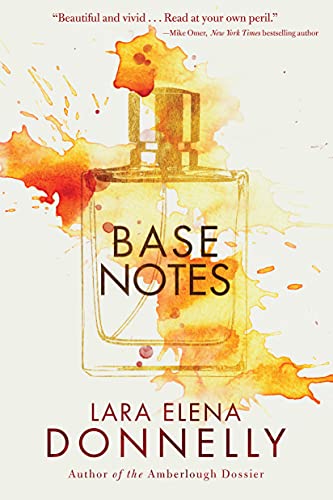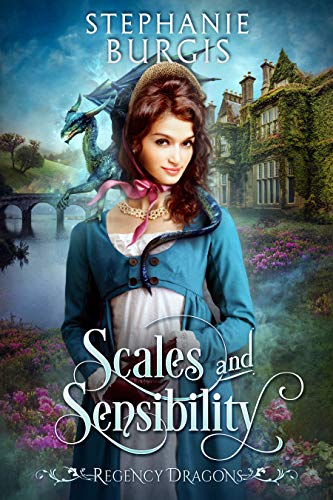i is cum from the mere i specs for the wilde for the eald gods under the blaec waters in the drencced treows. i is the lands law ofer mens i is eorth not heofon leaf of treow not leaf of boc [loc. 3559]
Set in the years of the Norman conquest, this is the story of Buccmaster of Holland, a freedom fighter (or terrorist) in what is now Lincolnshire. It's written in an invented language intended to have the 'feel' of Old English.
Buccmaster is a believer in the old gods, as was his grandfather: he rejects the 'white Christ' and hates the French. After his village is burnt and his family slain, he takes to the fens and the forests with his grandfather's sword (forged, he believes, by Weland the legendary smith) and recruits a small band of like-minded men to join in his war of attrition against the invaders. But Buccmaster is not an especially likeable fellow -- he beats his wife, and there are darker deeds in his past which only come to light near the end of the book -- and his visions of Weland and Odin and the Wild Hunt felt more like the self-serving anecdotes of an egomaniac than like actual spiritual experiences.
Why read this now? I'm trying to read novels that I purchased years ago, which have languished unread in the depths of my Kindle: this was bought in 2014. I'm also hearkening back to pre-modern times, to folklore and myth and landscape. The Wake is rich with descriptions of the wild lands of medieval England, and I recognised the brooding immanence of a still mere beneath a darkening sky ...
Regarding the language: 'a pseudo-language intended to convey the feeling of the old language by combining some of its vocabulary and syntax with the English we speak today,' says Kingsnorth in his afterword. Despite (or because of?) some familiarity with Old and Middle English, I found it hard going: it took me nearly a week to read this novel. There were phrases that felt false, and places where words seemed to be spelt or used inconsistently. And somehow I expected more alliteration, more poetics: though Buccmaster is not on any sense a poet. One thing did catch at me: the mention of 'wyrm' (usually translated as 'dragon') as just another kind of beast, something that a man would slay with a spear to the heart. A different word ('snaec') is used for snake. So, does Buccmaster believe in dragons? He hangs meat on trees to keep it from 'the fox and the wyrm'...
Here's a good article about the language of the novel. (I was wrathful about 'ire'.)













